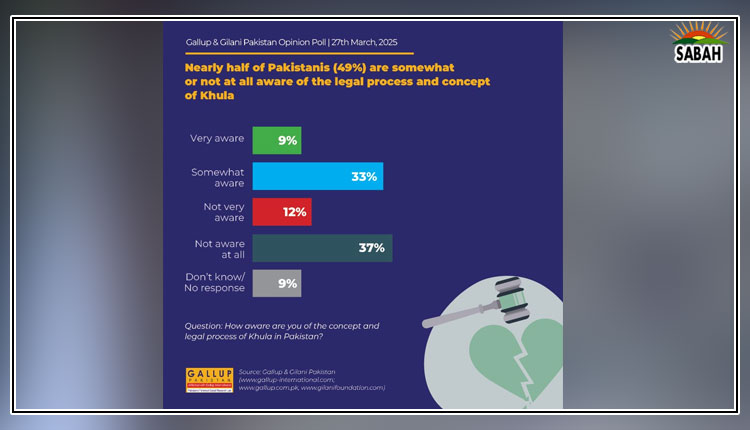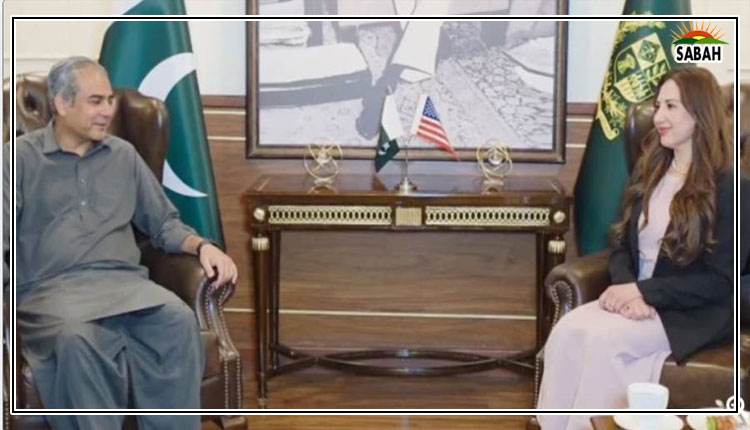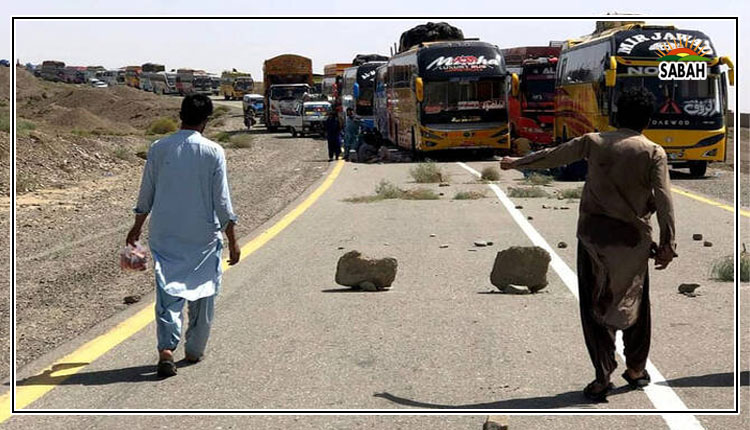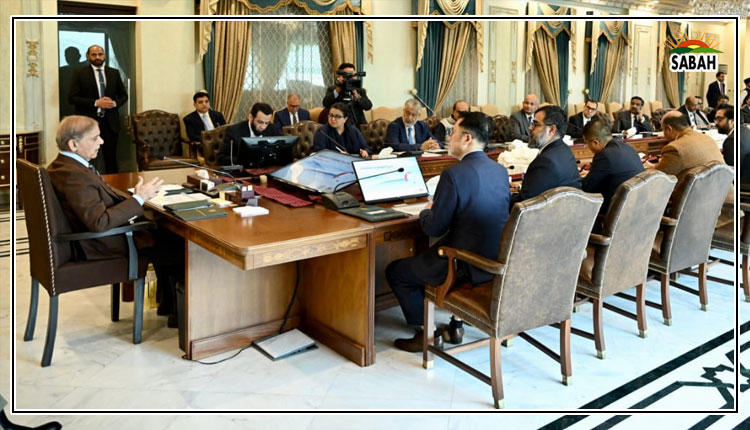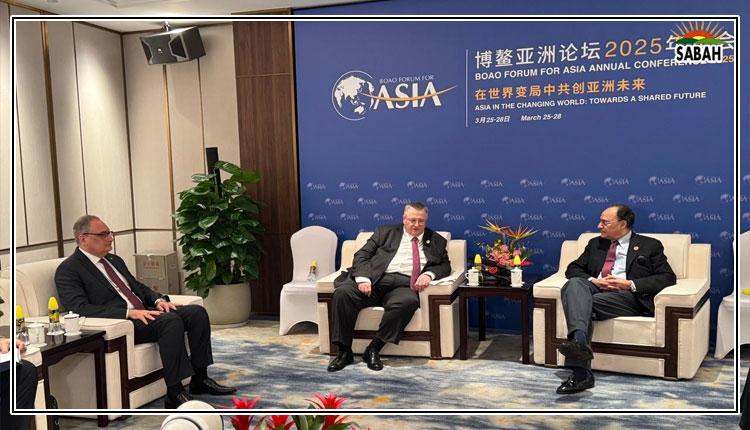Our priority — Afghanistan or Pakistan? ….. Shazia Anwer Cheema
It was January 2022 when I penned a piece “Who we can blame now? — Is narrative a ‘need-based’ element?” I got heat from the redundant steam engine run by the communication and media management system in Pakistan. That was the time when former prime minister Imran Khan was resettling terrorists inside Pakistan after inviting them from Afghanistan and I had written that the invitation to terrorists would weaken the narrative that the State established since the Army Public School massacre and would encourage terrorists to spread their ‘message’ among youth.
I was of the view that terror attacks had increased and Afghan Taliban were responsible for the situation. Now who we would blame that during the US-backed era of President Ashraf Ghani we were building a narrative that India was behind the scenes and Ghani was facilitating the TTP on using the Afghan soil against Pakistan! The situation has worsened since this article was published, two and a half years back. Who to blame now is no more a question because Defence Minister Khwaja Asif has informed us that the Afghan Taliban are behind the acts of terrorism against Pakistan. This answer costs us two long years and sacrifices of thousands of Pakistanis. I hope this answer would trickle down to all, but I fear that certain communication and narrative-building elements within the state machinery would not let this loud and clear message of the defence minister get the attention that it deserves because the redundant steam engine that runs communication and media management system in Pakistan is driven by the majority of those who consider Taliban a saviour and a better social system than democracy. The apparent failure of democratic governments provides peat to Taliban lovers as inequality within the social groups is increasing — the poor are becoming poorer and the rich are becoming richer. In simple words, the failure of political, administrative and justice machinery is helping the narrative of the radicalised social system introduced by the Afghan Taliban in Afghanistan.
Semioticians, political philosophers and sociologists believe that the State must not ignore certain social and psychological circumstances being used by radicalised minds against the State; and while designing a strategy to win over radicalised elements, the State must nullify the motivation of the fighters by placing stronger “narrative” than offered by the radicalised fighters (TTP, etc) to recruit youth. Narrative building has always been a serious problem in Pakistan because we have been changing our priorities and consider narrative as a “need-based” element. From a liberal Pakistan of the 60s to a Jihadi Pakistan of the 80s, our journey has gone through phases of moderate enlightenment of the first decade of the 21st century. Additionally, our communication machinery lacks expertise, and generalised administration is running it. We do not find 21st century techniques for narrative building in our system and we currently using cyclostyled press releases and media briefings. The media managers of the State have the same old mindset that believes in ‘reactionary statements’ instead of producing and pitching their statements (narratives) and we are just firefighters and nothing more and nothing less. I fear Pakistan still needs to know that narrative building is an intellectual work which cannot be established only through statements and political moves. Steven Arthur Pinker, a Canadian-American cognitive psychologist, writes that the mind best understands facts when they are woven into a conceptual fabric, such as a narrative, mental map, or intuitive theory, and disconnected facts in the mind are like unlinked pages on the web.
Alas, our media is also not inclined to live in the 21st century because of a lack of training and an in-depth world view! It deals with terrorism as a ‘domestic’ issue while forgetting that terrorism is linked with global networking, and any incident of terrorism could have its linkage as far as the Middle East or North America
Since we know and accept that Afghanistan launched terrorism against Pakistan, have the State’s media managers released any toolkit (sensitive but credible information about operations against Pakistan launched by the Afghan interim government) to journalists? As a student of Philosophy of Communication, I believe the State should come out of shyness and share that yesteryear’s ‘heroes’ are adversaries and their target is now Pakistan after winning Afghanistan back with the help of many among us. Furthermore, the State must keep an eye on those narrative builders among our media who had been the mouthpieces of the Afghan Taliban in the past because this cadre is ruling the television screens of Pakistan and previous governments promoted them due to ‘need-based’ arrangements in the past. Without general overhauling in media management, Pakistan may not win this war of narrative and communication and the State has already seen the reaction of these pro-Afghanistan security experts when the authorities clamped down on the Pak-Afghan border smuggling.
I believe that the State should understand that we are going through the phase of ‘now or never’ and it is time to decide what our top priority is: Afghanistan or Pakistan?
Courtesy Express Tribune



